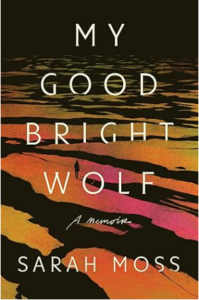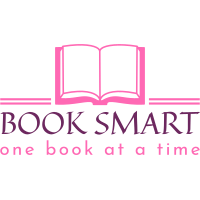
Chapter 1: Introduction to “My Good Bright Wolf”
- Start Time: 00:00:06
- End Time: 00:00:32
- Summary: The introduction presents Sarah Moss’s memoir, highlighting its unique narrative style and themes of anorexia, feminism, and literature. The use of the second-person perspective is noted as a captivating yet challenging approach.
Chapter 2: The Fairy Tale Voice
- Start Time: 00:00:33
- End Time: 00:01:01
- Summary: This chapter discusses the fairy tale elements in Moss’s writing, including the characters of the owl (father) and the Jumbly girl (mother). The narrative style critiques the protagonist’s privileged childhood and memory inaccuracies.
Chapter 3: The Struggle with Body Image
- Start Time: 00:01:02
- End Time: 00:04:01
- Summary: Moss’s experiences with body image and societal expectations are explored. The discussion includes her father’s concerns about her weight and the societal pressures surrounding femininity and appearance.
Chapter 4: Anorexia and Its Impact
- Start Time: 00:04:02
- End Time: 00:06:01
- Summary: The chapter delves into Moss’s battle with anorexia, detailing how it began in childhood and worsened during puberty. The fragmented nature of her story reflects the complexities of her experiences with food and self-image.
Chapter 5: Literary Critique and Feminism
- Start Time: 00:06:02
- End Time: 00:09:00
- Summary: This section discusses Moss’s literary critiques, particularly regarding children’s literature and historical portrayals of women. The humor in her analysis is highlighted, along with the serious undertones of societal expectations.
Chapter 6: The Role of Memory and Identity
- Start Time: 00:09:01
- End Time: 00:11:00
- Summary: The significance of memory in shaping identity is examined. Moss’s reflections on her past and the impact of her eating disorder on her life are discussed, emphasizing the connection between personal history and societal narratives.
Chapter 7: Conclusion and Reflection
- Start Time: 00:11:01
- End Time: 00:14:00
- Summary: The conclusion reflects on the memoir’s artistic approach to storytelling, distinguishing it from traditional self-help narratives. Moss’s insights into feminism, body image, and the art of memoir writing are reiterated, encouraging readers to engage with her work on multiple levels.
